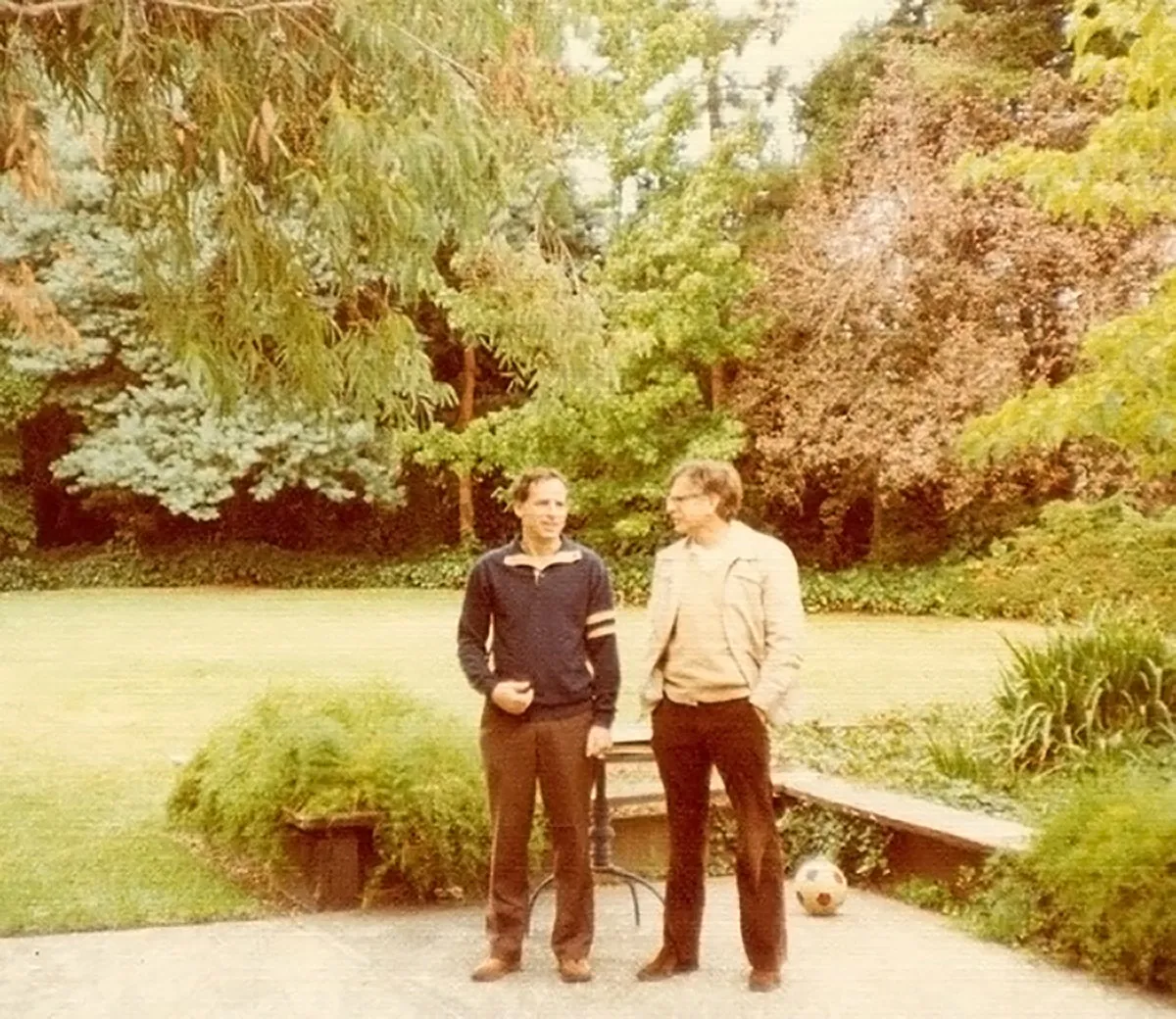I came across a Reddit post recently in the r/AskMenAdvice sub regarding vulnerability in relationships. The OP posed the question: help me understand the fear that someone will use your vulnerability against you. How does someone hurt you if you share personal feelings or vulnerable info? Several male redditors chimed in detailing accounts with their … Read More
psychology, behavior, and other science things
The Sunday Flow: Re-watching old movies
Good Will Hunting, The Big Lebowski, Into the Wild, Jurassic Park, the Star Wars original trilogy, Indiana Jones, Midnight in Paris, Lost in Translation, Notting Hill… These are just a few of the films I’ve watched countless times. Films that bring comfort and peace of mind. Films from my childhood and films that helped me … Read More
Pennebaker writing protocol and effects on well-being
I caught a recent Andrew Huberman podcast detailing a writing protocol found to influence long-term outcomes in health and short-term indicators of physiological arousal and reports of negative moods, first introduced by Pennebaker, J. W., & Beall, S. K. (1986). Pennebaker et al. found that writing about traumatic or even trivial events can have therapeutic … Read More
The Concept of Repair with Becky Kennedy
A 2023 TED talk from clinical psychologist Becky Kennedy hit my YouTube algorithm this morning. I found the concept of “repair” interesting in the context of parenting, as her talk is rooted, but also in the context of adult-adult relationships. I’ve always struggled to name this idea of repair as Kennedy describes it, typically naming … Read More
Disappointing affirmations
Disappointing Affirmations is a popular instagram handle that pairs the comedy of sarcastic affirmations, a parody of the current trend in wellness content, against the beauty of nature and landscape photos. There is an overwhelming amount of wellness content out there. Assuredly, people are becoming fatigued by it. The verdict is out on whether practicing … Read More
Impermanence
A few thoughts on the topic of impermanence. Nature’s first green is gold,Her hardest hue to hold.Her early leaf’s a flower;But only so an hour.Then leaf subsides to leaf.So Eden sank to grief,So dawn goes down to day.Nothing gold can stay. — Robert Frost Life is always changing, always evolving. Anyone who has lost something … Read More
FOMO, Hedonic Treadmill, Process vs. outcomes
FOMO, or “fear of missing out”, was the subject of my guided meditation this morning. FOMO could be a leading cause to the teen mental health crisis we’re seeing. The verdict is still out on that, but many millennials and younger generations are taking note, and are actively switching off social media in an attempt … Read More
Bicycle Commuting, Transportation Efficiency and Safety: A US Cities Perspective
This study investigates the relationship among the volume of bicycle commuters and the occurrence of traffic fatalities, per capita, in 30 U.S. cities. The analysis controls for automobile commuters, those who work from home, average annual rainfall, average temperature, and hours lost to traffic congestion. Through multivariate regression techniques, it is found that, per 150,000 … Read More
Existential crisis
I don’t believe in the traditional narrative that an existential or midlife crisis means simply reaching a point where life isn’t as fulfilling as we had hoped. If this turning point is anything like anxiety, then the “crisis” occurs when we receive a totally natural, healthy signal for change, and get to choose how we … Read More
Behavioral Science Will Save the World!
Updated: June 12, 2021 | Let me begin by saying I’m not a qualified psychologist, neurobiologist, behaviorist, botanist, or any other “ist”. I’m a passionate student of the field, someone who at one time assumed that all humans behaved rationally, for the most part, and that all organizational policy was built upon solid evidence and sound … Read More







